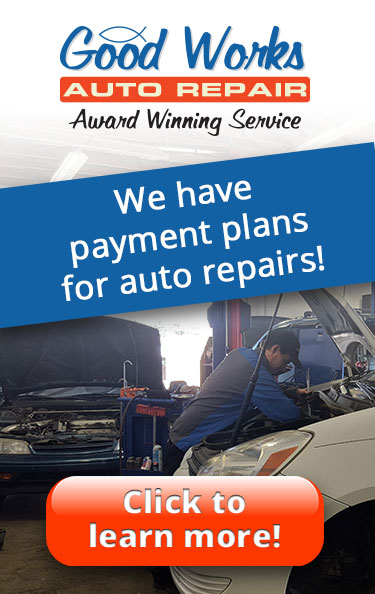Hy·dro·plane (Spelled [hahy-druh-pleyn] noun, verb, hy·dro·planed, hy·dro·plan·ing. Also aquaplane. (of a vehicular tire or vehicle) to ride on a film of water on a wet surface with a resulting decrease in braking and steering effectiveness. Hydroplaning here in the Tempe area and most of Arizona doesn’t necessarily mean excessive water, but a different type of liquid – leaked oil. Because it rarely rains here in Arizona, we don’t throw the word hydroplaning, or aquaplaning around often. But when it comes to vehicle safety, motorists should be aware of the oil from leaky cars which builds up on our roadways and creates very slippery situations when it does rain. Intersections are the most at-risk locations for oil build-up because most of the leaking reaches the ground and builds up when vehicles are stopped at streetlights or street signs. Proper vehicle maintenance is a helpful way to do your part in decreasing oil buildup which causes accidents due to slippery, hazardous situations.
According to safemotorist.com, “hydroplaning occurs when a tire encounters more water than it can scatter. Water pressure in the front of the wheel pushes water under the tire, and the tire is then separated from the road surface by a thin film of water and loses traction. The result is loss of steering, braking and power control.” More specifically, “when rain mixes with oil residue on the road surface, it creates slippery conditions that can cause vehicles, especially those traveling speeds in excess of 35 mph, to hydroplane. This can be a deadly combination for the driver and surrounding motorists.”
Fixing oil leaks, ensuring your tires have enough grooves, properly working brakes, and safe driving are important tips to keeping roadways (and our families) safer. When it comes to leaks, any liquid you see, smells, or feel should be immediately checked by a trusted auto repair shop. Not only can leaks cause slippery roads, but it can mean serious vehicle issues that could get worse without repair. Tires should be properly inflated, rotated and replaced when necessary. Brakes should also work properly, and hard-braking should be avoided when driving anyways. Driving strategies such as slowing down on wet roads, avoiding puddles or slippery areas, driving in tire tracks in front of you, and turning off cruise control when roadways are wet will help to keep you and other motorists on the roads safer. If we all work together, we can help avoid serious accidents and injuries. All of these important preventative maintenance services, tire services, and brake services are available here at our Tempe auto repair shop. When you head out on the roads this holiday season, be cautious of other drivers, have your vehicle road-trip readied, and enjoy the company of those you cherish.
Schedule My Appointment Now!

